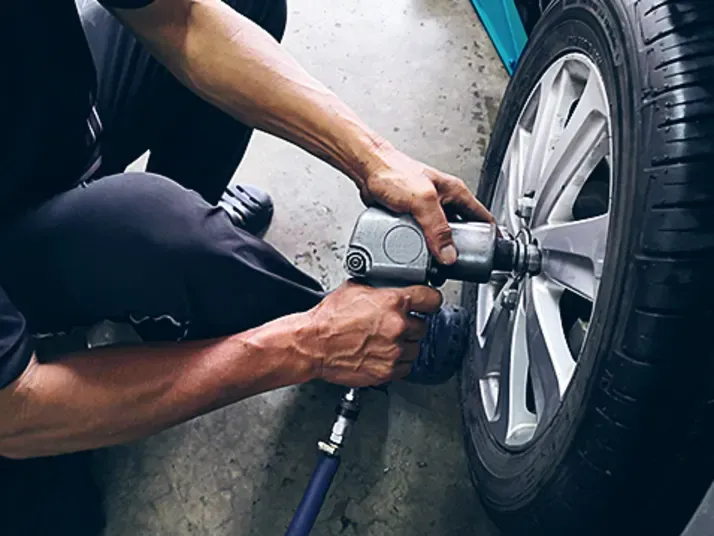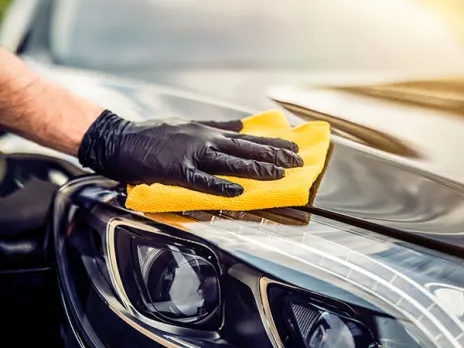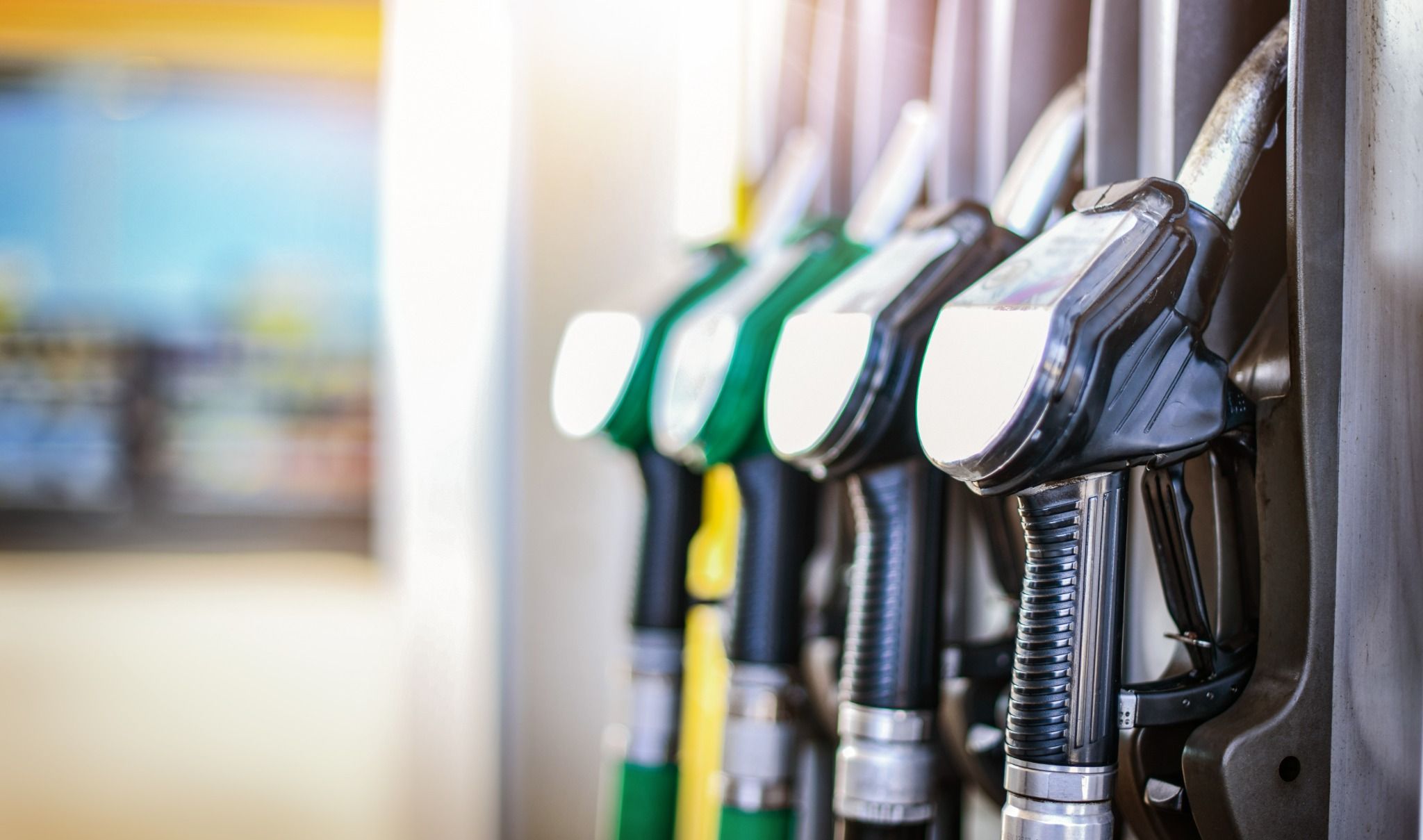What are some of the worst habits that could be damaging your car?
When you stop to think about it, our cars go through a lot. Most people depend on their vehicle daily to get them from A to B, whether take journey takes minutes or hours.
We all pick up bad habits when it comes to our cars, but some habits can damage your car further than the ‘standard’ wear and tear. This could see the value of your vehicle depreciate faster than those with a similar age and mileage, which is not ideal when it comes to selling your vehicle when you’re ready to upgrade and buy a new car.
Why do I need to regularly service my car?
Ignoring regular service appointments is one of the biggest mistakes we see people make when it comes to looking after their car.
When you’re driving your car every day, you’re putting a lot of expectation on the vehicle to run smoothly, but this will only happen if you keep it regularly maintained. If you haven’t checked under the hood in a while, or you don’t know what conditions your tyres are in, you could be putting yourself, your passengers, and other road users at risk.
It can be difficult to spot the smaller issues with a vehicle until they become a big problem, at which point they become more expensive to repair.
A car with tyre problems could see a blowout, putting you and those around you at risk of an accident. If there are existing engine problems, overheating is a common cause of becoming stranded and needing to be towed for repair.
So, whilst no one likes to spend their money maintaining the servicing on their car, it does save you money in the long run. Regular maintenance by a professional will showcase any problems with your vehicle early on. The earlier these problems are caught and diagnosed, the easier they often are to fix. It will take less time, cost less money, and increase the overall longevity of your vehicle.
Regular car maintenance should include:
• Oil changes
• Tyre rotations and inspections
• Checking fluids
• Checking wiper blades and brake pads
• Inspecting the battery
If you don’t know how to do those things yourself, or you aren’t confident in your skills, we’d always recommend taking your car to a professional you can trust.


Why do I need to regularly clean my car?
Allowing your car to be unclean is just another bad habit that could be damaging your car.
We’re not saying you need to join the meticulous Sunday car cleaning club, but if you leave it too long it can quickly become a breeding ground for bacteria. Not only can this bacteria damage your car, but it can have a negative impact on your health too. The most common places for bacteria to thrive on your car are the windscreen wipers and side mirrors.
We recommend doing a deep clean at least once a month, if you’re short on time you could consider the local car wash, or at the supermarket car park while you’re doing your weekly shop.
Why is driving on fumes bad for my car?
Sometimes, fuel prices can be enough to make anyone feel stressed. So, you might drive around as much as possible without filling up in the hopes that prices will go down. But, you could be damaging your car by “driving on fumes”.
Petrol and diesel don’t just make your car go. It works as a coolant within your fuelling system. When there isn’t enough petrol in that system, parts within the tank can start to overheat, which will prevent them from working properly. If you completely run out of fuel, the entire system could become damaged and will need to be repaired. If you were trying to save money on petrol, imagine how much you’d be spending on a new fuel system!
A good rule of thumb is to fill up your vehicle whenever you get below a quarter of a tank. In the end, saving a nominal amount of money on petrol or diesel isn’t worth it if you’re putting your fuel system at risk in the process.

Can I damaging my car by driving too roughly?
If you have an SUV or any kind of big, sturdy vehicle, it can be harder to notice if you’re driving is a bit rough, as the suspension in the vehicle will help to make the drive feel smoother for you and your passengers.
It goes without saying you should avoid slamming into potholes where possible, either try to avoid them completely or if that’s not possible go slowly instead. Potholes not only affect the integrity of the tyre, but in more serious cases they can damage your car’s suspension and alignment. The same issues can occur from flying over speed bumps, if you spot them on the road or car park it’s best to approach them tentatively as it’s not always easy to see how high they are.
Hard starts and stops are another driving habit you should try to break if you’re guilty of it. When you start quickly it wastes fuel and stopping quickly will wear your brakes out faster. If you notice your brakes squeaking, it’s a sign that the brake pads are wearing thin and may need to be replaced. Whenever possible, stop and start your car smoothly and slowly to boost its longevity.
Finally, never rev an engine when it’s cold, it might sound cool, but it can do more harm than good. Revving a cold engine can cause a lot of wear on the parts of the engine very quickly. This will eventually lead to damaged parts, which will need to be fixed or replaced by a professional. The damage occurs when the parts aren’t able to be properly lubricated because there isn’t enough oil in circulation. Always let your engine warm up before you decide to rev it. Even waiting a few minutes can make a big difference.
What are good driving habits?
There are probably a few in this article most of us are guilty of, but like any habit, they’re easier to change once you’re aware of them. If you want to prioritise the health and longevity of your car, changing these habits will help increase it’s lifespan and value, but also give you fewer worries about it’s dependability.